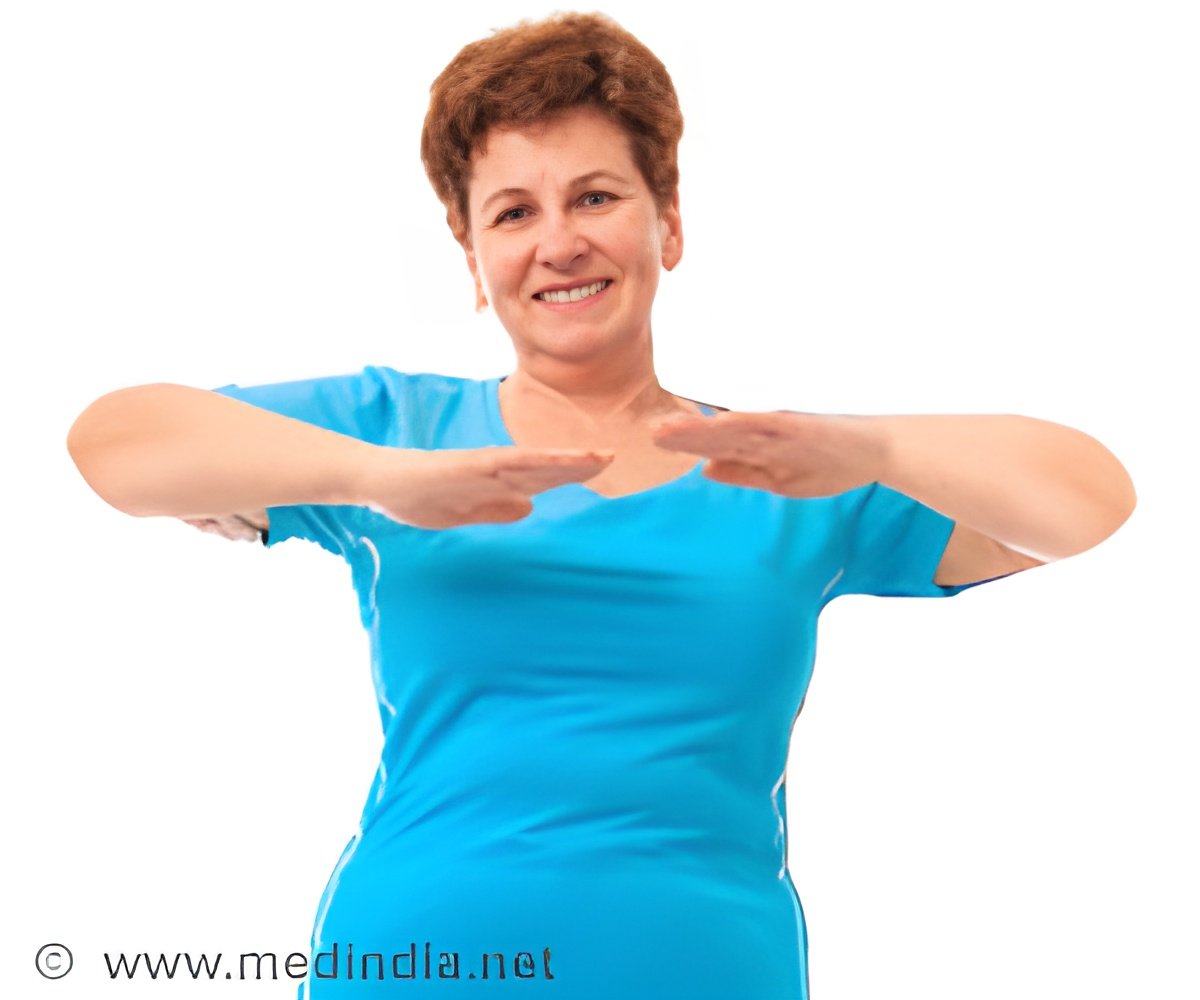New study based on Women's Health Initiative data shows effect of physical activity on reducing genetic predisposition to obesity; demonstrates importance of healthy behaviors in older women. The findings of the study are published online today in Menopause, the journal of The North American Menopause Society (NAMS).
Previous studies have suggested that the genetic influence on body mass index (BMI) increases from childhood to early adulthood. However, there has been little research on the effect of obesity genes later in life and whether they can be overcome through lifestyle modification, including exercise. In the article "Physical activity modifies genetic susceptibility to obesity in postmenopausal women," results are published from the linear regression analysis of more than 8,200 women from the Women's Health Initiative. Those results suggest that physical activity reduces the influence of genetic predisposition to obesity, and this effect is more significant in the oldest age group (women aged 70 years and older).
These findings additionally support guidelines for promoting and maintaining healthy behaviors, especially in older adults, to maximize quality and longevity of life.
‘As women age they are more likely to overcome genetic predisposition to obesity through exercise. Regardless of age, genes, and amount of abdominal fat or BMI, regular exercise can improve health.’
"We are born with our genes, but this study suggests that we can improve our lives and health with exercise, regardless of genetics," says Dr. JoAnn Pinkerton, NAMS executive director. "As women age, exercise has been shown to improve muscle mass, balance, and bone strength. It also invigorates brain cells, is associated with less arthritic pain, and improves mood, concentration, and cognition."
Source-Eurekalert















